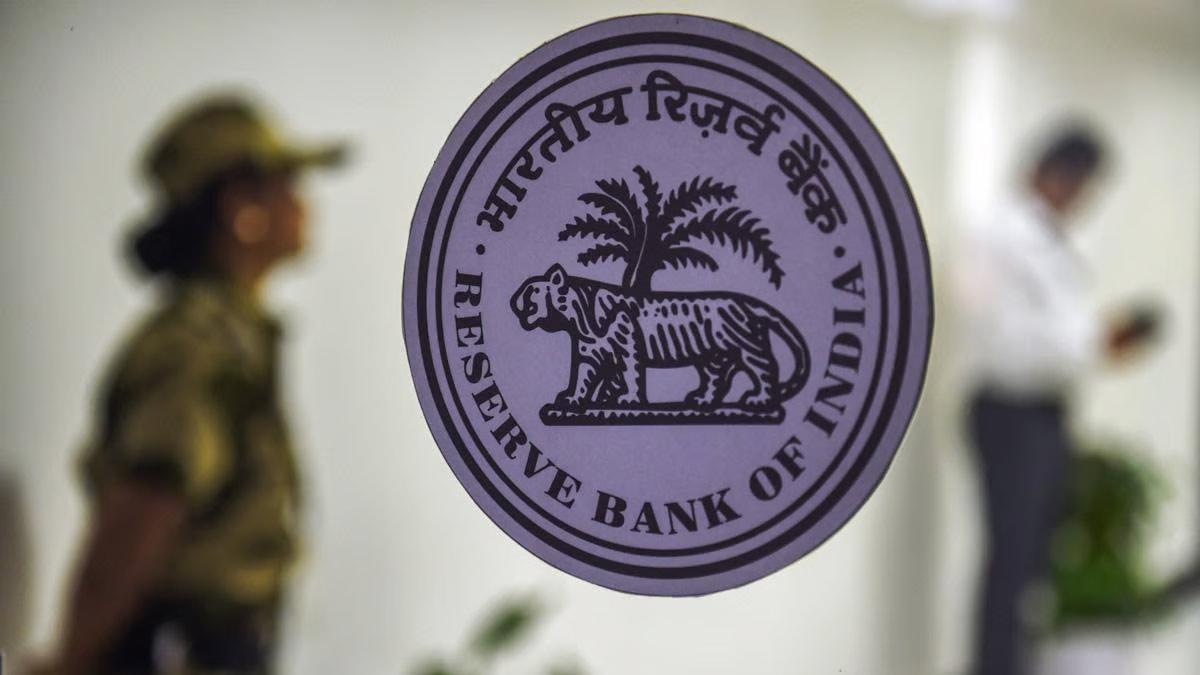The Finance Bill 2022 has proposed to cap the surcharge on long-term capital gains (LTCG) at 15 per cent.
While such surcharge is already fixed at 15 per cent for capital gains arising from on-market sale of equity shares and certain other securities, capital gains arising from any other capital asset are subject to a surcharge as high as 37 pert cent, depending on the total income of the taxpayer.
Also Read | U19 World Cup: Dhull, Rasheed shine as India thrash Australia, reach 4th final in a row
Accordingly, capital gains arising to an HNI's on sale of immovable property, unlisted shares, gains arising from off-market sale of listed shares and even alienation of shares of foreign company are all amenable to the higher surcharge ranging up to of 37 per cent.
Kunal Savani, Partner, Cyril Amarchand Mangaldas, said that in order to provide relief to such HNIs/investors earning capital gains income, the Bill proposes to cap the surcharge on long-term capital gains arising from any capital asset to a maximum of 15 per cent.
This would result in effective capital gain rates reducing from 28.5 per cent to 23.92 per cent (or 14.25 per cent to 11.96 per cent).
Also Read | Legendary fashion designer Hubert de Givenchy's decorative arts collection at Christie's
"Having said the above, it would be pertinent to note that such cap has only been proposed to be placed on long-term gains. Short-term gains on such assets would continue to be subject to surcharge ranging up to 37 per cent," he added.


















